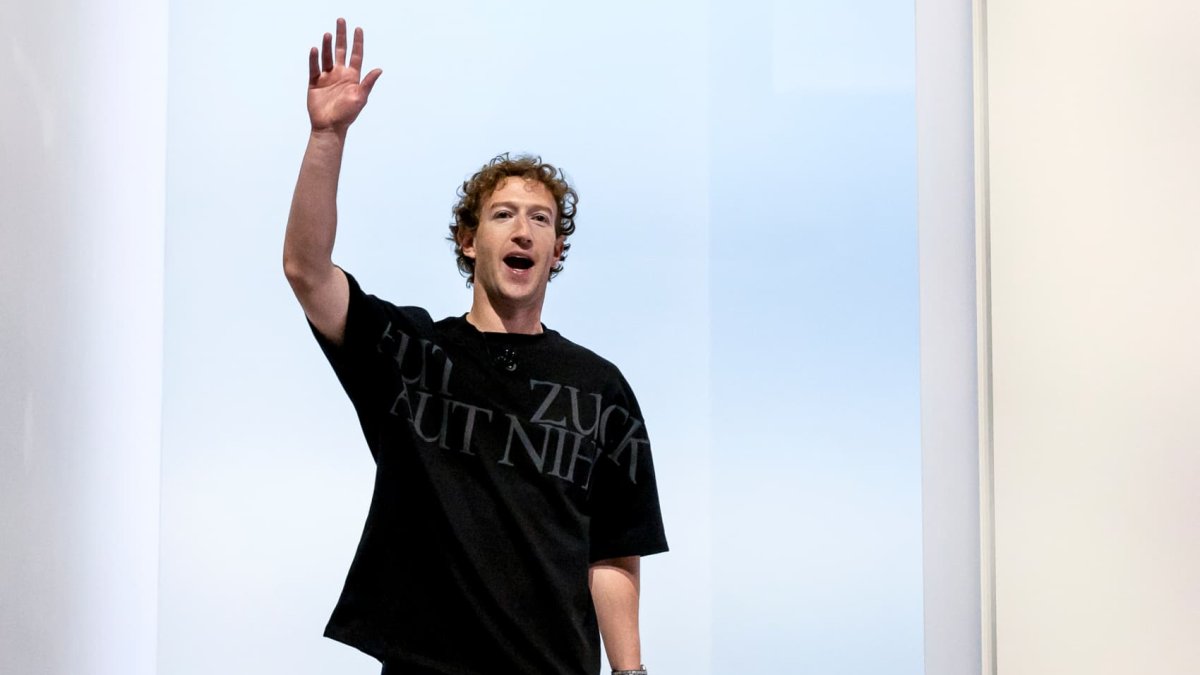Meta to Launch Independent Meta AI Application

Meta’s Upcoming AI App: A New Step in Digital Assistance
Meta is set to launch a standalone AI application, aiming to strengthen its presence in the artificial intelligence (AI) landscape. According to sources familiar with Meta’s plans, the company intends to unveil this app in the second quarter of the year. This initiative is part of CEO Mark Zuckerberg’s broader strategy to position Meta as a leader in AI, surpassing established competitors like OpenAI and Alphabet.
The Vision Behind Meta AI
The Meta AI app will join the ranks of other popular applications from the company, such as Facebook, Instagram, and WhatsApp. Initially, Meta launched its AI chatbot in September 2023, promoting it as a generative AI-powered digital assistant. This assistant is designed to interact with users in a unique way, providing responses and generating images based on prompts within Meta’s existing platforms.
In April, the AI technology was further integrated into Meta’s applications by replacing traditional search features with this chatbot functionality. As a result, the AI assistant has quickly become Meta’s primary vehicle to demonstrate advanced generative AI technologies to millions of users globally.
Features and Functionality
The forthcoming standalone app is expected to offer users a more focused interaction with the digital assistant. Unlike current offerings that are integrated into apps like Facebook and WhatsApp, a separate app could enhance user experience by allowing deeper engagement and more personalized interactions. Zuckerberg himself has acknowledged the demand for such an application, agreeing with a social media user who suggested the need for a dedicated mobile platform.
Moreover, the app could provide users the ability to keep records of their interactions and personalize their experience significantly. This shift aligns with trends among other tech companies, many of which are prioritizing user-centric AI applications.
Subscription Model and Monetization
Meta is also considering a paid subscription service for its AI app, inspired by similar models from rivals such as OpenAI, which offers premium features for a monthly fee. Meta’s finance chief, Susan Li, noted that while improving user experience remains a priority, there are clear monetization potential opportunities on the horizon. These could include paid recommendations and other premium offerings aimed at enhancing user engagement.
Current Usage Statistics
According to recent numbers, Meta AI has around 700 million active monthly users, up from 600 million the previous month. Nevertheless, analysts have found it challenging to draw a direct comparison between Meta AI’s usage and that of competitors like ChatGPT because Meta’s AI is not yet available as an individual app. Current estimates indicate that Meta’s standalone website sees less than 10 million views monthly, which is considerably lower than other major AI services.
India has become the largest market for Meta AI usage, with WhatsApp showing the highest levels of engagement. The integration of Meta AI features within existing platforms has contributed to increased user interaction, particularly among those accessing recommendations on Facebook.
Competitive Landscape
Meta’s forthcoming app mirrors similar endeavors from competitors like Google, which recently launched its own Gemini app, and Elon Musk’s xAI, which rolled out the Grok app. Both initiatives reflect a substantial shift toward standalone AI applications in the tech industry.
ChatGPT remains the most popular AI-powered app, as reflected in download statistics. Meanwhile, Meta continues to enhance its AI offerings to compete effectively in this rapidly evolving market. Internal pressures at Meta are reportedly high, with teams working diligently to ensure their AI tools meet or exceed user expectations and preferences.
In summary, as Meta aims to solidify its place in the AI space, the upcoming standalone app represents an essential step in fulfilling Zuckerberg’s ambitious outlook for the company’s technological future.






